One Aids survivor remembers his days in Mildmay hospice
Writer and advocate Jason Reid shares his memories of being a patient at Mildmay eighteen years on from when he entered
By Jason Reid
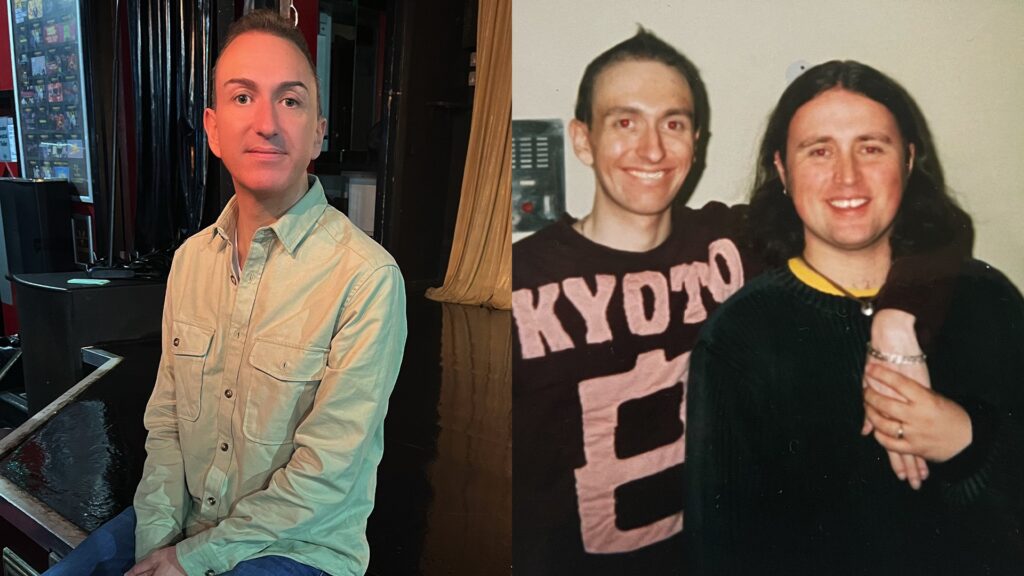
As I stood outside Mildmay — which served primarily as a hospice when I was an Aids patient there – to compose myself before entering, I felt a deep sense of gratitude for being able to experience this full circle moment.
To revisit the place that saved my life; to say thank you, and see the progress that has been made, was, in my mind, a huge privilege. Why? Because so many others were not afforded the same opportunity as they acquired HIV and progressed to Aids-defining illnesses under much worse circumstances than I experienced — circumstances that were completely beyond their control.
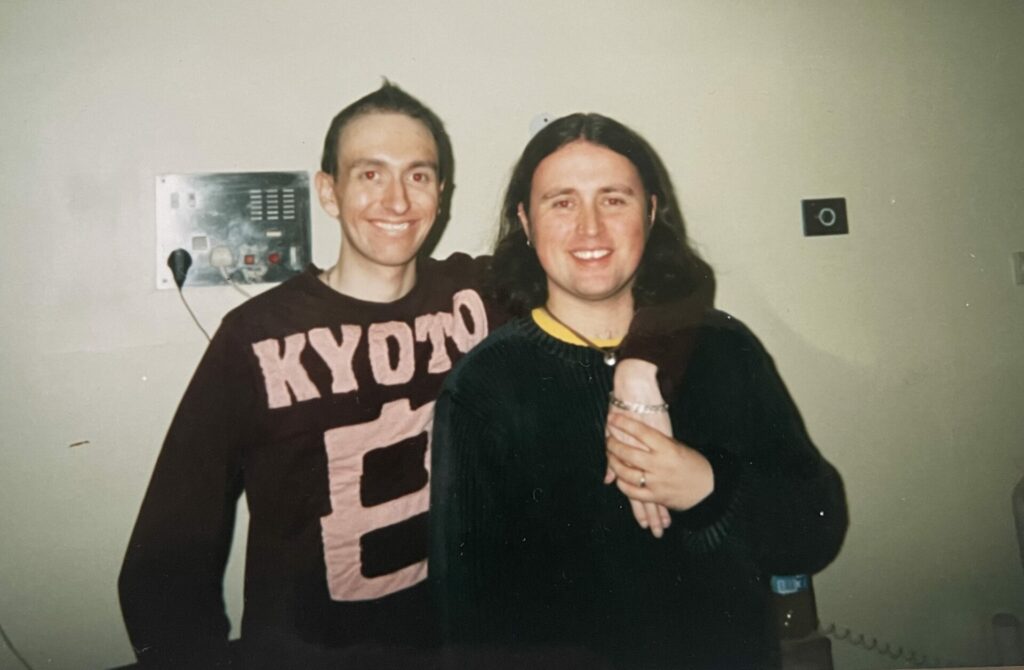
From time to time, I’m struck by the fact that I survived Aids and what that means — thoughts career through my mind about how close I came to death and how fortunate I was to be given, what was, essentially, a second shot at life. I haven’t experienced anything in my life post-Aids that’s more humbling than these instances of profound awareness which ground me to the spot.
My visit to Mildmay 18 years on from my hospitalisation was a happy event that also put my existence into perspective.
I was introduced to a nurse called Comfort who was there when I was a patient, and I was instantly overcome with pure joy. Comfort smiled broadly when I said I was an ex-patient – exclaiming that she was beyond happy to see me. A chance encounter that I was not expecting. I will surely never forget Comfort who has been nursing Aids patients for several decades.
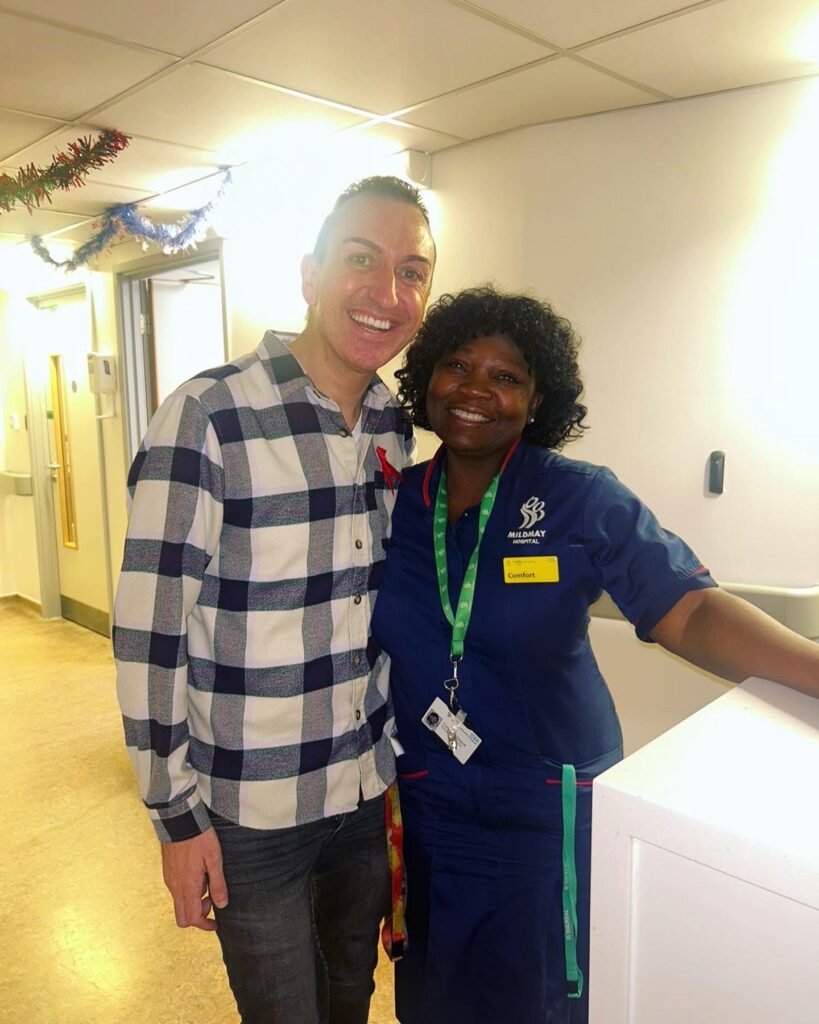
“Aids had completely devastated my body and left me with a skeletal face”
This visit was, of course, always going to be the mirror opposite of my first fateful spell in Mildmay.
When I left Mildmay at the end of 2005, Mum would talk more openly about that period, telling me that when she and Dad visited I’d often be curled up in a ball in a bed that was in the corner of the room.
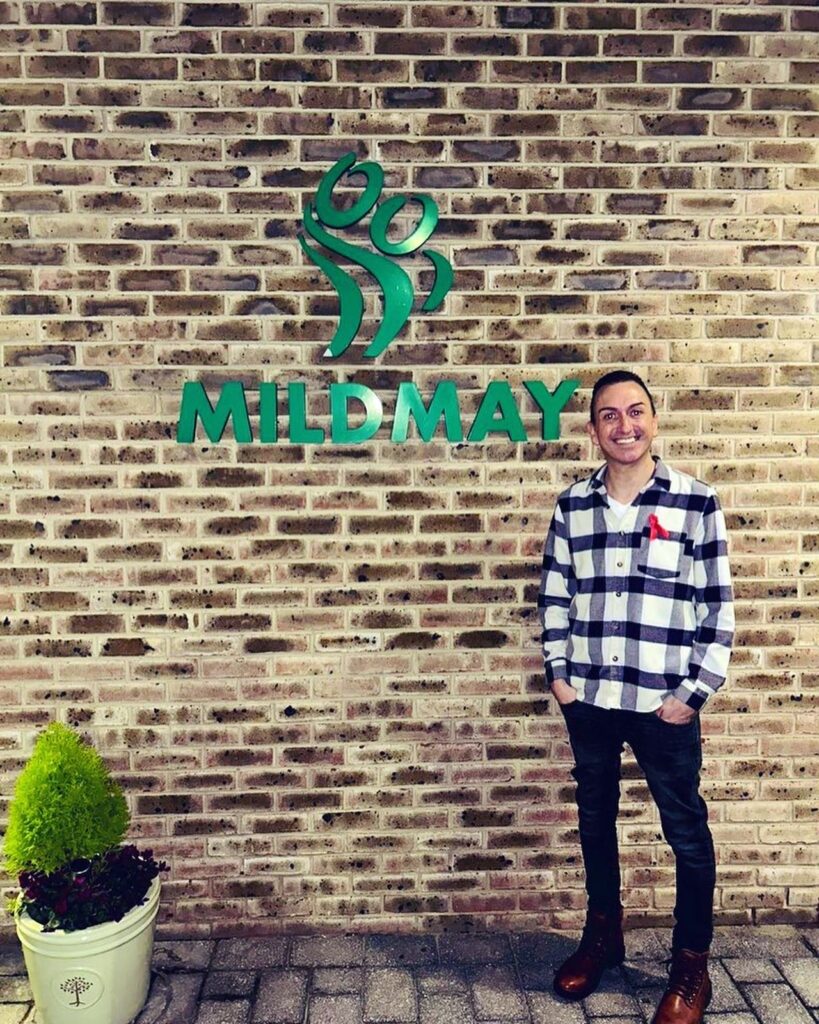
They barely recognised me because Aids had completely devastated my body and left me with a skeletal face. At the worst point, I weighed less than seven stone and could barely stand or walk — at first, I was in a wheelchair and then progressed to walking with a stick.
One day near the end of my convalescence at Mildmay, ably assisted by my trusty stick, my parents and I went to nearby Hackney City Farm. A memory that’s remained with us because for just one afternoon we were a normal family again and not bogged down with despair, but happily lost in the beauty of nature and animals.
“If I can help just one person and change one mind which in turn lessens stigma, it’s all worth it”
Despite my physical deterioration, I can recall medical staff and my family being slightly taken aback — in a good way — that for the most part of my hospitalisation I remained in extremely good spirits. Looking back, I put it down to being a 25-year-old who had never been in hospital before and was taking it in his stride because who thinks of death at that age? Doctors were careful not to scare me so that the gravity of the situation didn’t consume me.
My parents tried their best not to convey sadness when visiting me in Mildmay. Mum recalls sitting in stoney and shocked silence on the way home after most visits because “there was always something new, no improvement for a long time, and your father and I just couldn’t talk.”
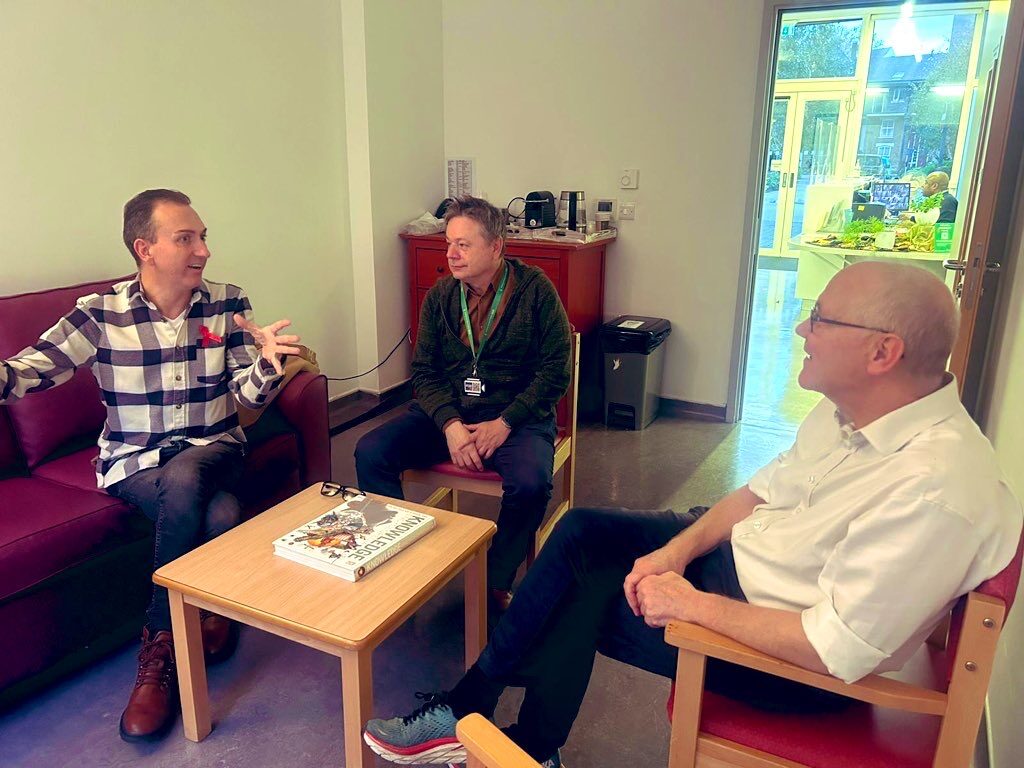
In Mildmay, I was rehabilitated and learned to read and write again because of neurological impairment and Aids dementia. Understandably that’s a lot for parents to take in, but they did and were there every step of the way. When my father died in 2012 I held him in his final hours and thanked him for being there for me without judgment.
Fortunately, Aids didn’t kill me but it has killed more than 30 million people worldwide to date. As an Aids survivor, I am now driven by a desire to educate people about HIV/Aids and empower those living with HIV wherever they may be in their journey. Incremental change is better than no change. If I can help just one person and change one mind which in turn lessens stigma, it’s all worth it.
“Stand in solidarity with those living with HIV”
Nothing has ever caused the deep devastation to the LGBTQ + people and our community like Aids has, and nothing is likely to in the future, which is why World Aids Day is so incredibly important.
Similarly to how I took ownership of my Aids experience and turned it into a positive, LGBTQ+ people must continue to mark World Aids Day forevermore — honour and celebrate the lives lost to Aids, stand in solidarity with those living with HIV, raise money for charities that do vital work, sing and dance with drag artists who are always there in our darkest hours and crucially, educate younger generations of LGBTQs about Aids and it’s profound impact.
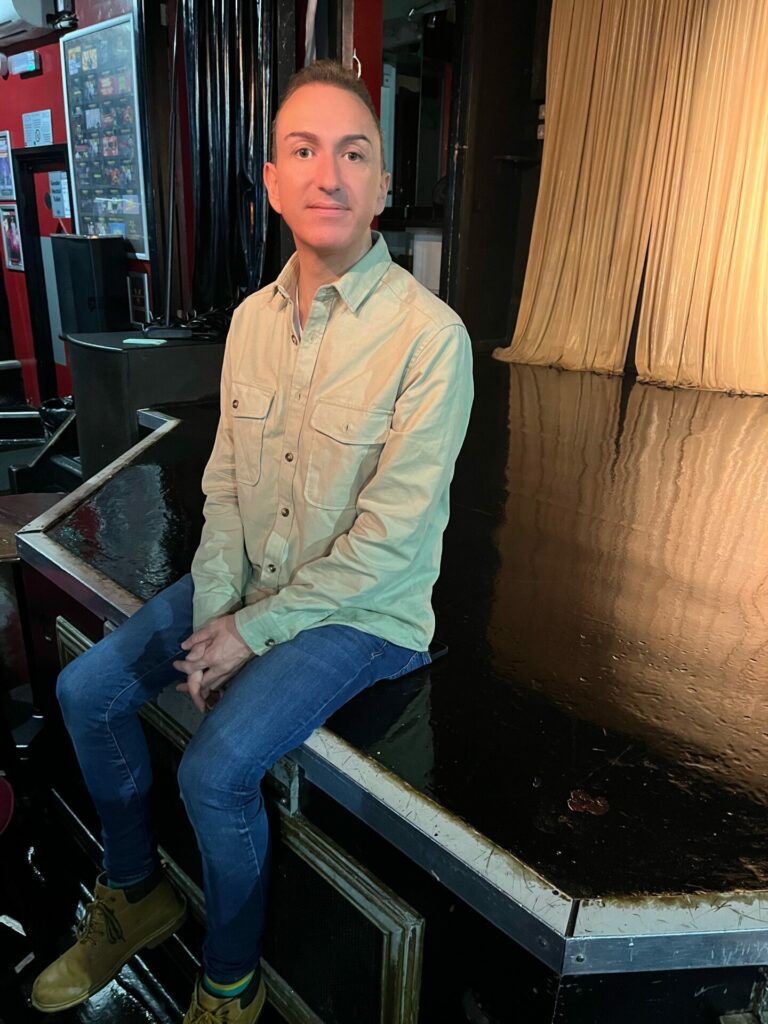
Please let’s collectively vow to never ever forget about Aids victims who are survived by families and friends, like those who were in Mildmay with me, but unlike me, didn’t make it out.
Aids will always be part of the DNA of the LGBTQ+ community, that much is true, and I hope to live to see its death which would be a fitting end to my Aids story.
